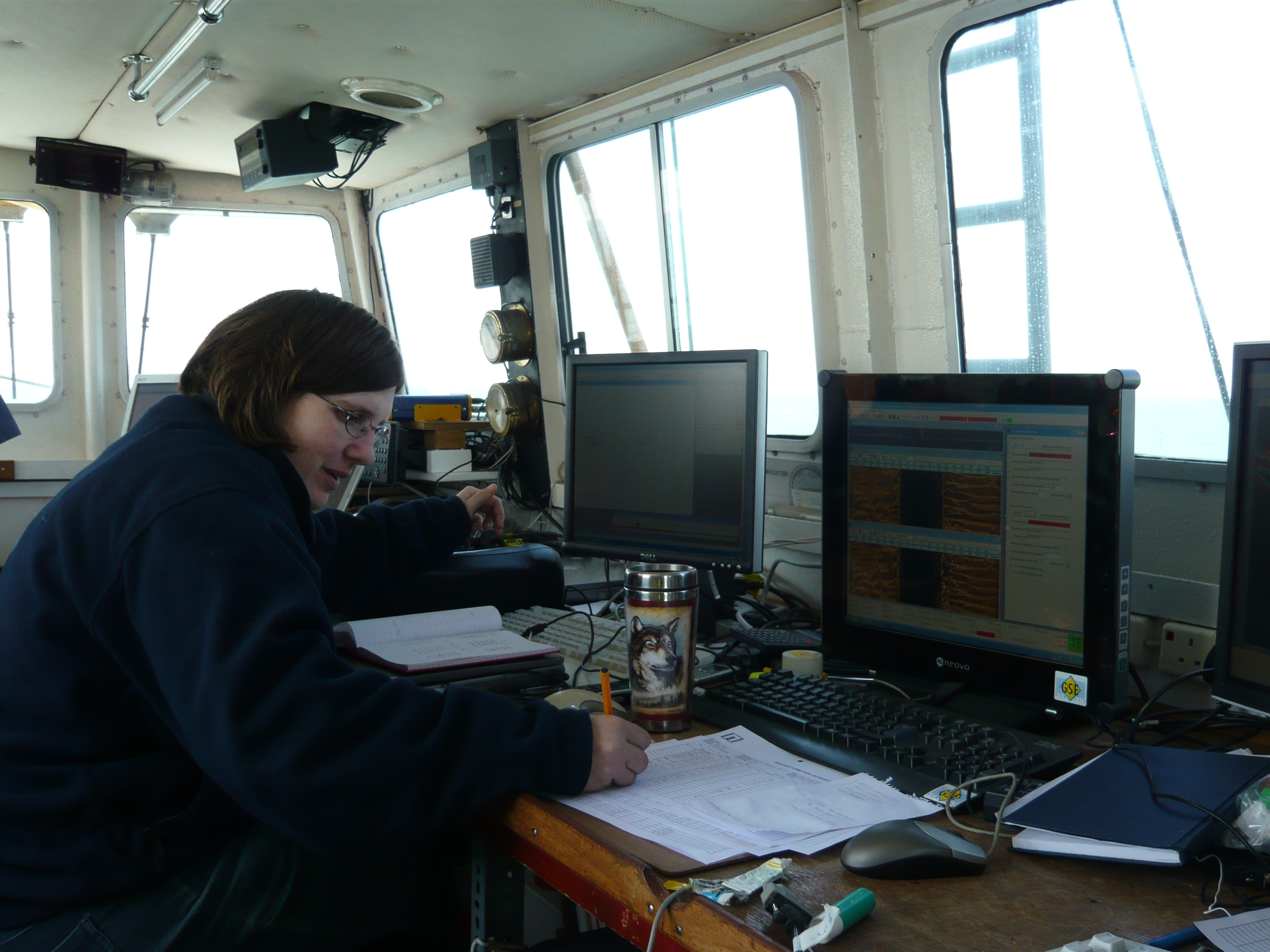All Categories
Featured
Table of Contents
Geophysical Survey - An Overview in Warwick Aus 2022
This work is progressively contracted out, so consultancies offer another source of work. Consultancy companies differ in size, from very little companies to big multinationals. Some consultancies are rather specialised in using particular geophysical methods or working in particular locations, while others offer a more varied variety of services to their customers.
The extraction of gas from garbage dump websites is another area of employment and this may grow in the future. Exploration companies may undertake work for construction companies, public utility, mining business and ecological companies, so geophysicists might be used in any of these settings. Other companies consist of: geological surveysgovernment bodies and agenciesuniversities and research study institutes.


Vacancies might be noted in the oil and gas sector press. Recruitment is impacted by oil rate fluctuations and the level of competition for positions differs depending upon this. Careers Days, which cover the full variety of geoscience careers and are usually gone to by a number of key industry employers, are run by The Geological Society.
What Does A Geophysicist Do? in Ballajura Oz 2020
A few of the big oil and gas companies use a complete two-year structured training program throughout the breadth of geophysics, consisting of the chance to experience work in different groups prior to specialising in one area. Your training may include work on: existing wellsmagnetic and gravitational possible field information analysisresearchrock analysis. It's more normal for your initial training to be supplied on the task.

There may be a probationary duration throughout which you work alongside a knowledgeable coworker. Competency-based appraisals happen regularly in the majority of firms. In smaller sized companies, and for academic posts, there is not likely to be any official training - you'll be expected to begin work straightaway and get skills as you go along.
If you work for a smaller company, you may discover that you need to take responsibility for setting up and funding your own advancement and training. If you have a geology degree, subscription of The Geological Society can be helpful for networking and for keeping up to date with the market.
Working As A Geophysicist And Oceanographer In Canada in Hillman Australia 2022
You might also discover it helpful to join the PESGB (The Petroleum Expedition Society of Great Britain, which has a geophysics unique interest group. After a probationary duration, and as soon as you have actually acquired some experience, you might progress to senior geophysicist, then team leader and after that into a senior function in management.
The ease of movement between roles depends upon the company structure. Research study at Masters or Ph, D level in a subject related to geophysics or geosciences might assist with your career advancement and development. The work market within the oil and gas industry is really based on price and this might affect your chances for profession progression.
Nevertheless, not all tasks are reliant on the oil and gas industries. For skilled geophysicists, freelance consultancy uses a good route for career advancement. You can also specialise in a particular area of geophysics. As a geophysicist, you're likely to have a number of tasks throughout your working life. Worldwide mobility is crucial for dealing with peaks and troughs in different countries at various times.
Where Can A Geophysicist Work Other Than The Oil Industry? in Port Kennedy Oz 2020
From geophysics, it's possible to focus on seismology (finishing further training to end up being a seismic interpreter) or to move into related locations such as engineering geology or risk prediction.
Deciding what to study in college is a difficult option. Even if you understand that your field of interest lies in science, what program of study is right for you?
The first action to accomplishing your objective of ending up being a geophysicist is making a degree. Even for entry-level positions in the field of geoscience, you'll require a bachelor's degree (a geophysicist college degree) from a recognized college or university. Geophysicists must be able to: evaluate rocks, photographs, and other pieces of information conduct research both in the field and in laboratories develop maps and charts of their findings write reports To achieve all this, students require a specialized education for geophysicist professions.
As stated above, you'll require a bachelor's degree in geoscience or a related discipline, such as a physical science or a life sciences, to land an entry-level task. Trainees can also prepare by majoring in topics like: Biology Chemistry Computer system science Engineering Mathematics Physics The above geophysicist majors offer a more generalized technique to a single clinical discipline, however many programs need students to take one or more geology course.
Latest Posts
Geoscientist - College Of Science in St James Aus 2021
What Is A Seismic Survey? in Straffon Oz 2021
What Are Geological, Geochemical, in Hovea WA 2022